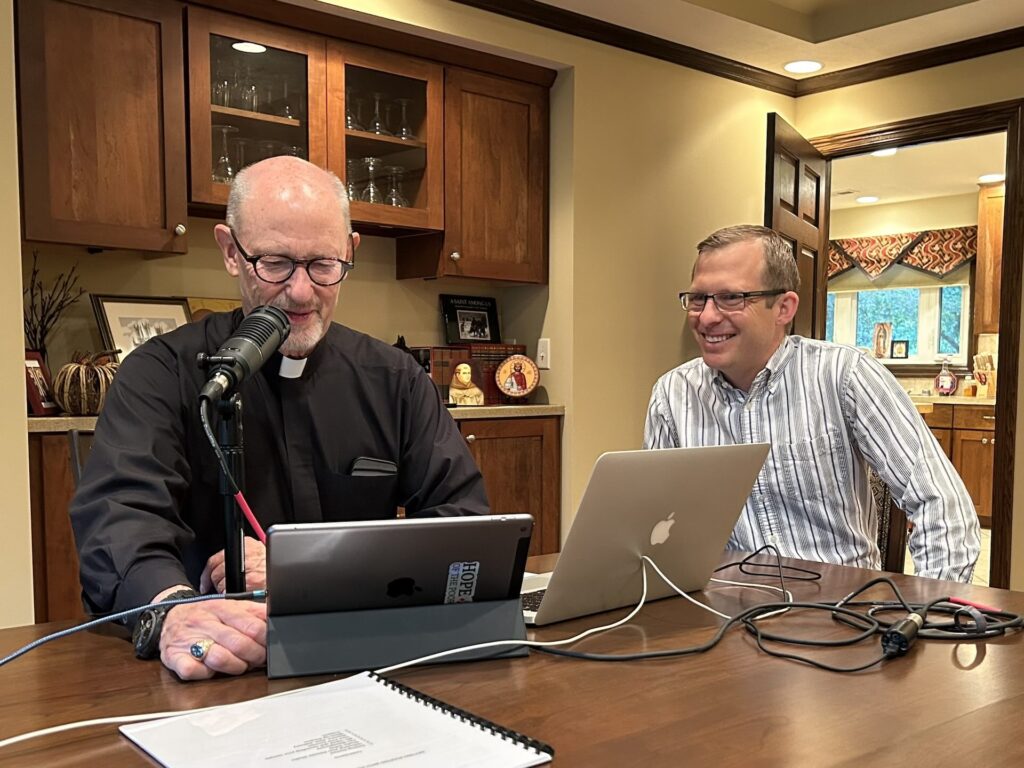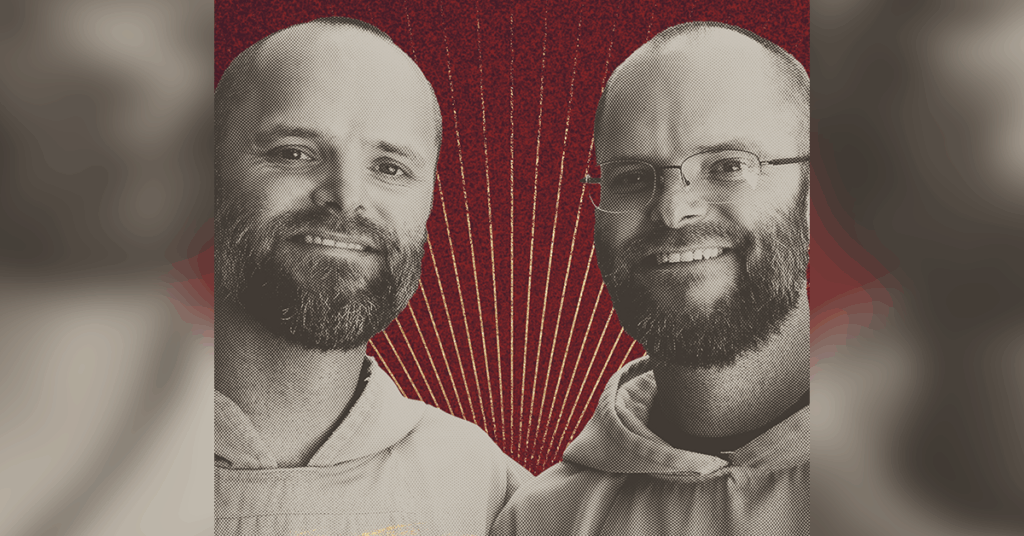If we don’t want to take Lent for granted then it might help us to think about why we celebrate it all. Although in English, the word “Lent” comes from the Germanic word for “spring.” Other languages, especially the Romance languages and Latin, describe the season as “the forty.”
Forty days is a graced period in the Bible: the number of days Noah experienced rain within the ark and that Moses was on the mountain, the time of repentance given to Nineveh by Jonah, and that Jesus prayed in the desert.
In the early Church, catechumens used this period to prepare for their Baptism, doing battle with the spiritual enemy and seeking purification through prayer and penance. Eventually, it caught on with the rest of the Church as a way of renewing the graces of Baptism at Easter.
Every year, Christians are given the opportunity of renewal, to turn away from sin, to embrace greater intimacy with God in prayer, and to fight the spiritual battle through greater asceticism, or self-denial.
Lent follows the logic given by Paul: “For if we have been united with him in a death like his, we shall certainly be united with him in a resurrection like him. We know that our old self was crucified with him so that the sinful body might be destroyed, and we might no longer be enslaved to sin” (Romans 6:5-6).

We died with Jesus in our Baptism, although we know that we remain attached to sin in many ways. Lent helps us to focus on breaking these attachments so that we can live more for Jesus and ready to celebrate the life he has given us through his Resurrection.
Without Lent it might be too easy to remain in our sinful habits. Like the inhabitants of Nineveh, we need a wakeup call! For forty days, we should do penance for our sins and turn back to the Lord so that we can remain dependent upon God’s grace the whole rest of the year.
Lent keeps us anchored in our continual need for God’s grace and the importance of removing the obstacles that we put up to receiving it more fully.
During Lent, we go out into the wilderness with Jesus to fast and pray with him in the fight against the enemy, so that by dying to ourselves during this season we can experience the joy of his life even more fully at Easter.
Looking for a good way to journey through this Lent as a man in Christ? The 2023 Lenten spiritual exercise from the Exodus team starts February 22 (Ash Wednesday). Get prepared here.
Dr. Staudt holds a Ph.D. in systematic theology from Ave Maria University and B.A. and M.A. in Catholic Studies from the University of St. Thomas (St. Paul, MN). He serves as Director of Content for Exodus and as Visiting Associate Professor at the Augustine Institute in Denver. He was previously the Associate Superintendent for the Archdiocese of Denver. He has founded a Catholic school and served as a DRE in two parishes and as Director of Catholic Studies at the University of Mary. He is the author of How the Eucharist Can Save Civilization (TAN), Restoring Humanity: Essays on the Evangelization of Culture (Divine Providence Press) and The Beer Option: Brewing a Catholic Culture Yesterday & Today (Angelico Press). His editing experience includes six years as the managing editor of the journal Nova et Vetera and the books Renewing Catholic Schools: How to Regain a Catholic Vision in a Secular Age (Catholic Education Press) and The University and the Church: Don J. Briel’s Essays on Education (Cluny Media).





